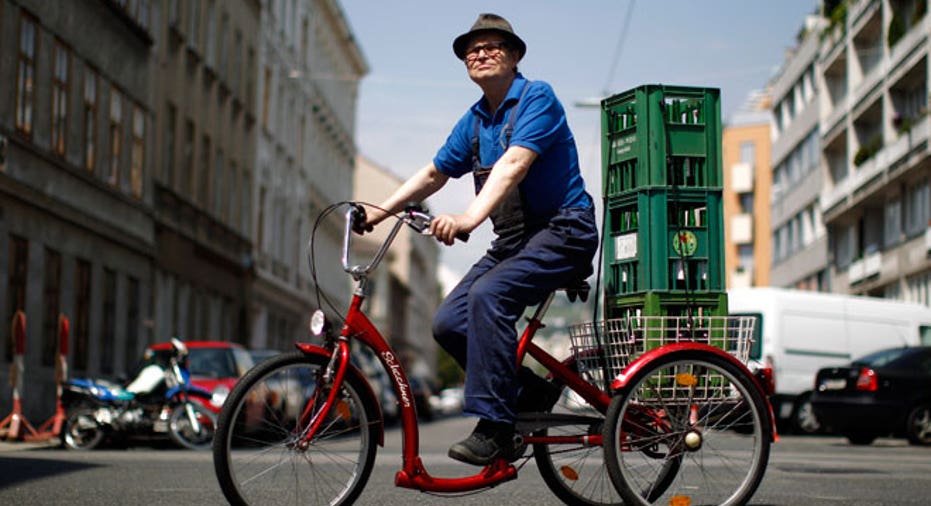Benefits of Giving Back During Retirement

Retirement isn't all golf trips and grandkids. Giving up a satisfying and meaningful career can be hard on some people. After waving goodbye to the workplace, some people find they need to start from scratch to build friendships and look for gratifying ways to spend their days.
Giving back and reaping rewards
Staying engaged, maintaining social connections and remaining active can do wonders for a retiree's identity, which can be a real issue for those leaving the full-time workforce. "So much of our identity is caught up in our job title, the company that we work for and our business card," says Joan Strewler-Carter, a certified retirement coach and co-founder of Life Options Institute and WhatsNextInYourLife.com, an online lifestyle resource for people older than 50. "When people ask you what you do, they ask, 'Who are you?' After you retire, you have to create a new identity."
Many people begin to pursue lifetime dreams in retirement, and this becomes their new identity. These dreams can be simple: Take up gourmet cooking, join a book club, learn a new language, etc.
Or they can be complex.
For instance, Bruce and Sandie Tanner left Greenville, Ohio, 22 years ago and founded the Tanner Romania Mission in Nicoresti, Romania, which is now home to more than 21 disabled, orphaned children. "The more we give to these handicapped children, the more we get back. We have never regretted our move," says Sandie Tanner. "We love our life and are so happy that we made this decision. It brings fulfillment and reason to our retirement."
Giving the gift of time, getting better health
A survey by AARP in 2012 found that 74% of the organization's members volunteer with an organization or help out less formally in their community. And 16% are interested in finding places to volunteer.
It could help their community, but it can also help retirees live longer, healthier lives. Volunteering provides numerous well-researched health benefits -- particularly for people older than age 60. A 2006 study found that depression over the loss of their former social roles and relationships can spur older adults into volunteering, which amplifies the physical and mental health benefits in ways that younger volunteers or paid workers don't experience.
Allan Luks, author of the book "The Healing Power of Doing Good," did some of the pioneering research into the health benefits of volunteering in the early 2000s, coining the term "helper's high" for the benefits from helping people.
"Those who volunteer have lower mortality rates, greater functional abilities and lower rates of depression later in life than those who do not," says Luks. "Stress goes down, (volunteers have) lower blood sugar and less sensitivity to pain."
The health benefits typically appear after a certain period of time doing a certain kind of volunteering. It doesn't take much, only two hours per week, but volunteers have to get personal.
"They have to have a personal relationship. The health benefits come from one-on-one relationships and the feedback you get in the form of smiles and hugs and so on," Luks says.



















